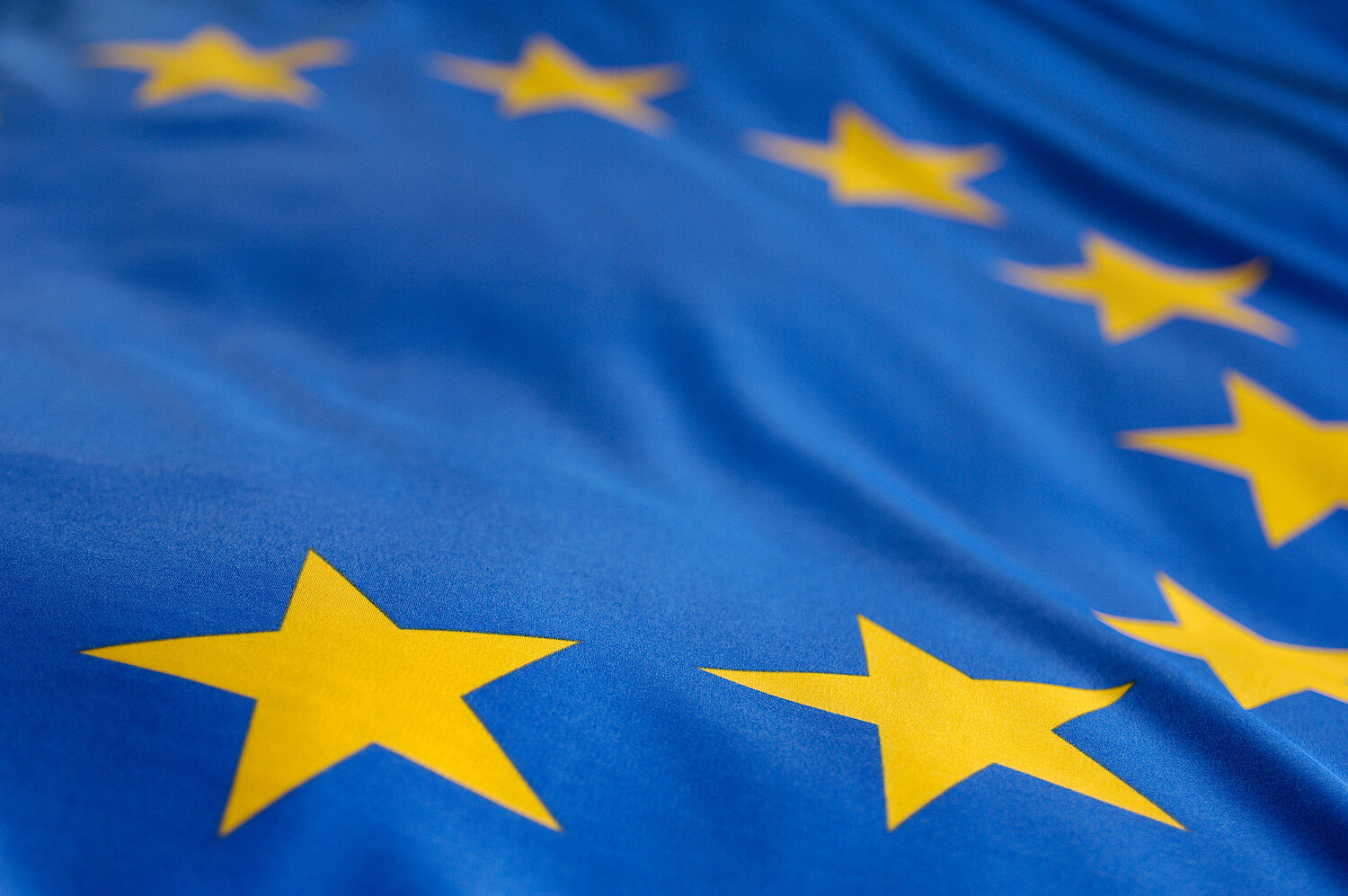EU standards for e-waste
Environment Agency Austria developed proposal for extended minimum quality standards for treatment of waste electrical and electronic equipment

Electrical and electronic waste is one of the fastest growing waste streams in the EU. Standards for proper treatment are laid down in the EU Directive on waste electrical and electronic equipment (WEEE Directive). These standards have not changed in the last 20 years. On behalf of the European Commission, the Umweltbundesamt (Environment Agency Austria) has now analysed the way in which existing minimum standards for the collection and treatment of waste electrical and electronic equipment are implemented in the EU, and has examined whether the need for EU requirements that go beyond the requirements of the WEEE Directive or other relevant EU law.
Are there enough standards?
The WEEE Directive lays down the framework for the proper treatment of waste electrical and electronic equipment in the European Union. Around half of the Member States, including Austria, have set up minimum quality standards that go beyond the requirements of the WEEE Directive. The other Member States have not opted for such quality standards. In the EU, the standards, issued by the European Committee for Electrotechnical Standardisation, represent the best practice. The standards for the collection, logistics and treatment of waste electrical and electronic equipment help companies to treat WEEE according to the specifications of the WEEE Directive. Currently around one fifth, i.e. approximately 630 of approximately 3,000 WEEE treatment facilities in the EU, meet the requirements under these standards.
Proposal on minimum standards
Based on their analyses and on stakeholder dialogues, the experts from the Environment Agency Austria have developed a proposal that goes beyond the minimum standards for WEEE collection and treatment. Included are elements of the standards covering the collection, logistics and treatment of waste electrical and electronic equipment, as well as selected implemented standards from EU Member States. WEEE exported out of the EU also has to be treated in accordance with the requirements of the WEEE Directive. To provide proof of this, the Environment Agency Austria recommends that the treatment should take place in facilities certified according to international standards or inspected by external auditors.
Enhanced minimum standards may cause collectors and operators as well as producers, to incur additional costs, e.g. as a result of additional emission reduction measures, pollutant removal improvements or external audits. However, at the same time, negative environmental impacts and risks to human health will be reduced and new jobs can be created.
Links
Study on quality standards for the treatment of waste electrical and electronic equipment (WEEE)
